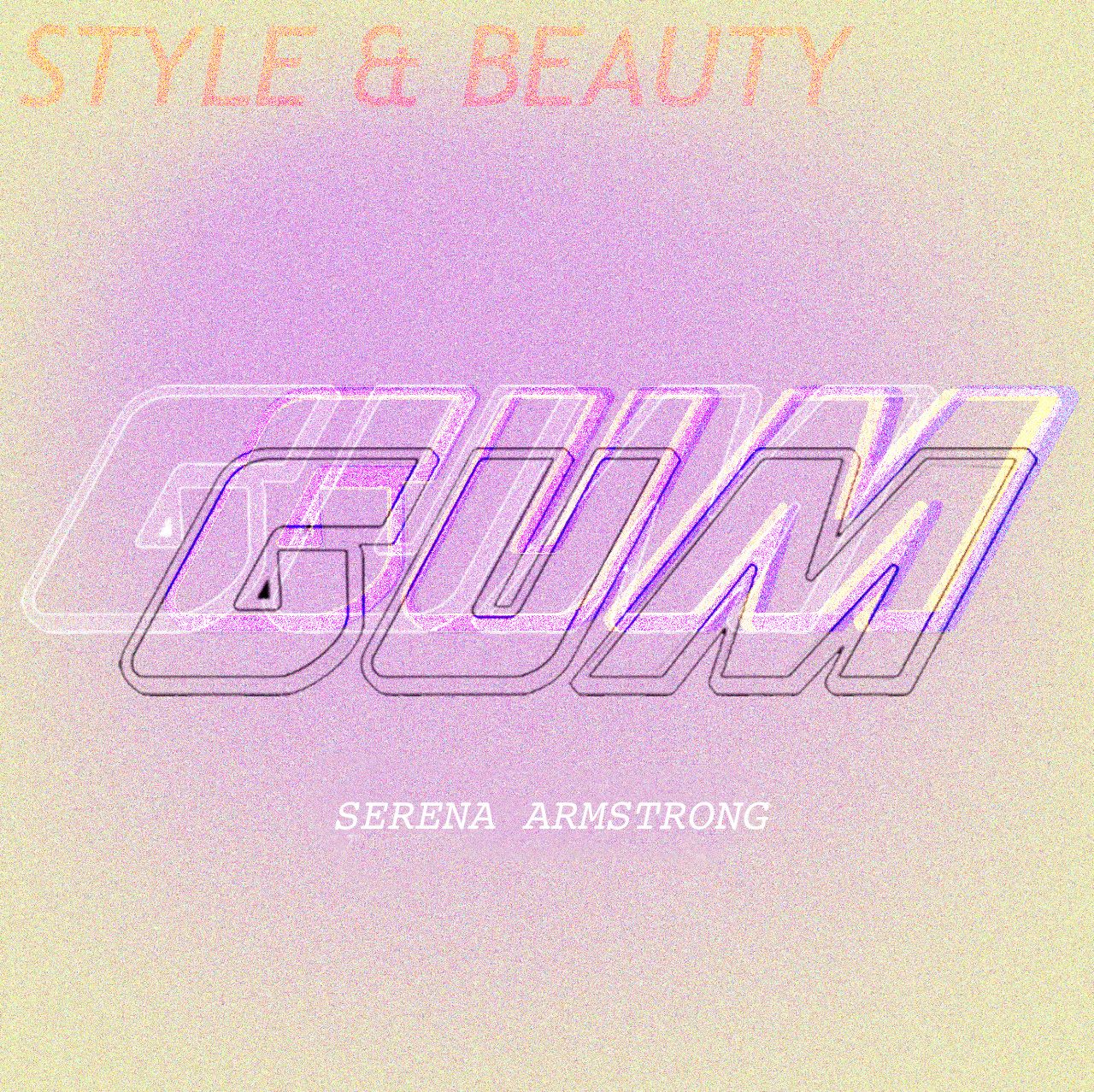Words: Serena Armstrong (She/Her)
After Meta’s oversight board urged Instagram and Facebook to review their nudity policy which bans images of women’s nipples, it appears we are closer than ever to getting a response to the #freethenipple campaign. But what is it that society finds so offensive about female and non-binary nipples?
We are a generation who have grown up with ever-changing social standards of social media. Consequently, we aren’t new to the sexualization of women and non-binary nipples – nor are we new to the act of protesting. Despite the movement being plastered over our social media platforms for several years now, only in recent times have I understood the extent of the censorship being placed on our bodies. It is a movement I wish I had become educated on earlier.
This advice from Meta’s oversight board follows Instagram’s removal of a post featuring a transgender and non-binary couple posing topless, with a caption promoting a fundraiser for top surgery. The board queried this, rightfully claiming the current policy was based on a binary view of female and male bodies. Women, transgender and non-binary individual’s chests and breasts have been negatively stigmatised by social media since its inception. There is a double standard at play. Whilst these nipples have been deemed ‘inappropriate’ and ‘sexual’ on some individuals’ bodies, when the conversation switches to cis males, suddenly nipples are no longer wrong or provocative. #FREETHENIPPLE is an equality movement, endeavouring to empower women and LGBTQIA2S+ people across the globe. Its viral slogan has brought activists and supporters together around the world. Its inescapable presence on our feeds exemplifies the continued need for change. It has been nine years since Lina Esco’s 2014 movie ‘Free the Nipple’ brought the debate into wider conversation. Florence Pugh is just one of the A-list celebs backing the campaign, most notably following the sheer pink Valentino dress she wore to a couture show in Rome last year, which resulted in much online shame and criticism over her exposed nipples. In a People article, they debate Pugh’s Instagram post of the dress with the text ‘technically they’re covered?’ but claiming she ‘exposed her chest’. It reveals a harsh reality that if you have nipples and don’t identify as male, you will receive criticism for showing a natural part of your body. I feel it is important that celebrities with big followings continue to push against the censorship of our bodies.
As someone who loves to express themselves, I have never thought there was anything wrong with showing any kind of nipple. When I was getting mine pierced, I didn’t feel uncomfortable with having anyone look at them. They are part of my human anatomy, and they won’t be disappearing any time soon. Surely we should be granted the ability to show off whatever we want if it makes us happy – whether that’s embracing the nipple or not.
Social media is a space of self-expression. In my time on the internet I must have seen hundreds of posts of topless men, yet I never thought once that it was weird that I saw no women doing the same. As I’ve gotten older, I have realised just how strange that is. It’s incredibly important to rethink and modify exclusionary online policies and social views. As humans, we search for acceptance and belonging. But how can equality be accomplished when we continue to over-sexulise women and LGBTQIA2S+ individuals? Instagram and Facebook, choosing to change their nudity policies could be the first step in creating connections between more people. Undoubtedly, it will also face great criticism. The internet has already expressed concern over what a younger audience might be exposed to if the policy was changed. Perhaps they are right. I understand the need for parents to watch what they see on social media but the whole idea of this review means that more steps are being taken to stop the sexualisation of nipples.
In all honesty, I think there could be both positive and negative outcomes if the policies are changed. Everyone should have the right to express themselves in any manner they decide and not be censored for doing so, whether that is to put themselves out there or keep to themselves. We are all entitled to that, nipples, or not.
Sources
Florence Pugh Wears Sheer Pink Valentino Dress in Italy – See Photos (people.com)
Free The Nipple – Campaigns of the World®
Free the Nipple: History Of The Movement – FilmSpeak

